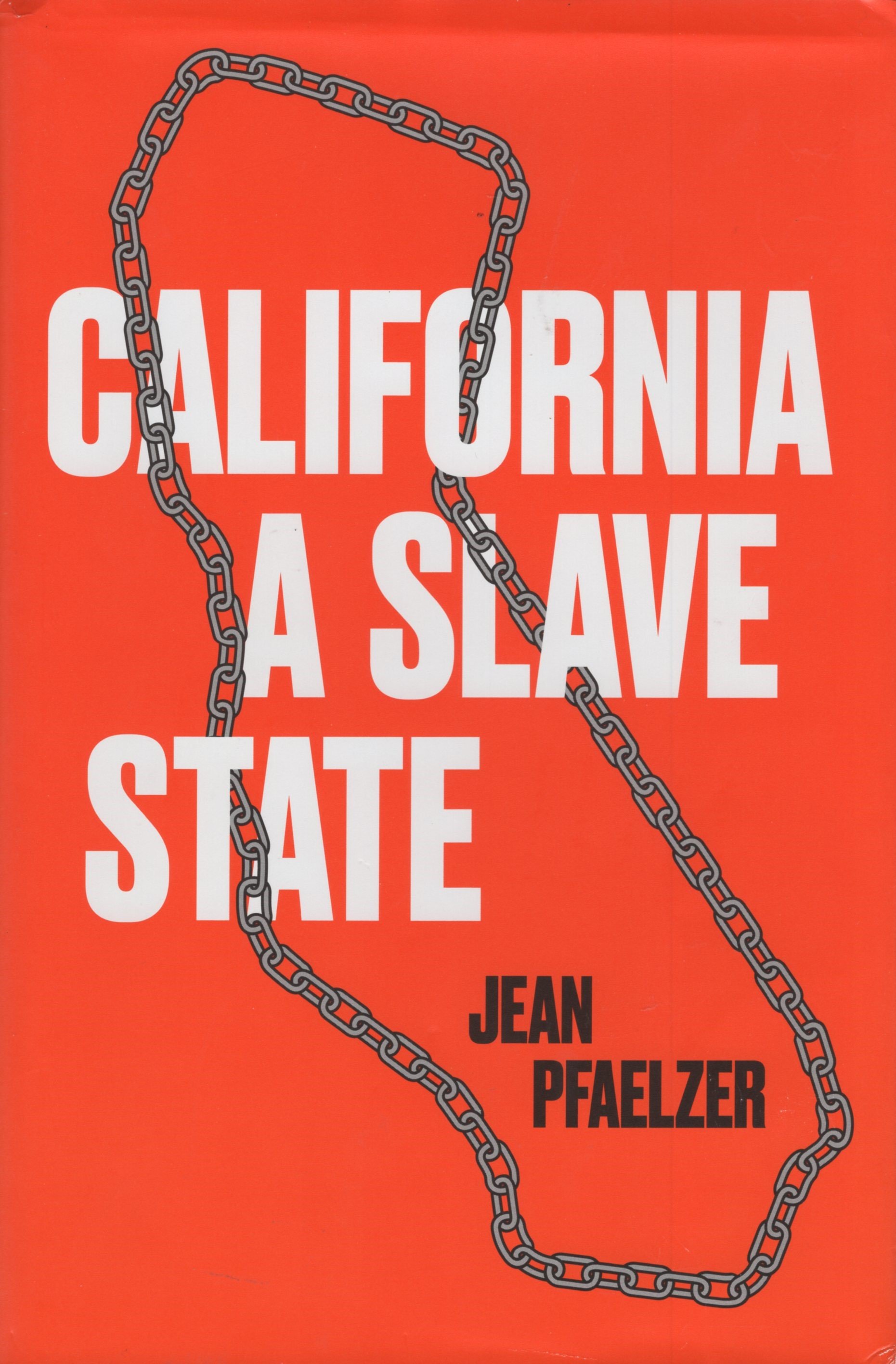Scotia & Rio Dell
Scotia & Rio Dell
Some of the most popular books for sale at the Historical Society bookstore are in the Arcadia "Images of America" series, each with its some 200 photographs and informative captions. These include many Humboldt communities from north to south. On the southern end, there is Scotia and Rio Dell by Rio Dell native and local historian, James Garrison.
Garrison tells how land that was once Wiyot and then called Eagle Prairie spawned many communities being settled as rich farming land by people who initially came to Humboldt seeking California's fabled gold. He explores the commercial growth of Rio Dell, transportation along the Eel River and slide-prone Scotia Bluffs, and the region's notable character such as Seth Kinman. Then we see how timber felling and milling took over the area, and how what was originally Forestville became Scotia as a result of many of its lumber workers coming from Nova Scotia.
That somewhat isolated community quickly became a "company town" (one of the last in the U.S.) where Pacific Lumber paternalistically cared for its workers with its own stores, theater, sports arenas, and hospital. Also we learn how during Prohibition and strict company propriety those Scotians who wished to partake of liquor, gambling and prostitution crossed the river to the southern end of Rio Dell called, appropriately, Wildwood.
Throughout, we follow transportation from horses to trains and river ferries to bridge building. Also the spectacular devastation caused by two major floods is well covered. We end with the world-view and economic differences that led to the end of the company town concept and the turn of the 20th/21st century Timber Wars -- the fight between maximum exploitation and environmental preservation.
Like all of Arcadia's Humboldt books, Scotia and Rio Dell shows not just the buildings and events of and area, but the human histories and close ties that make every community unique.








